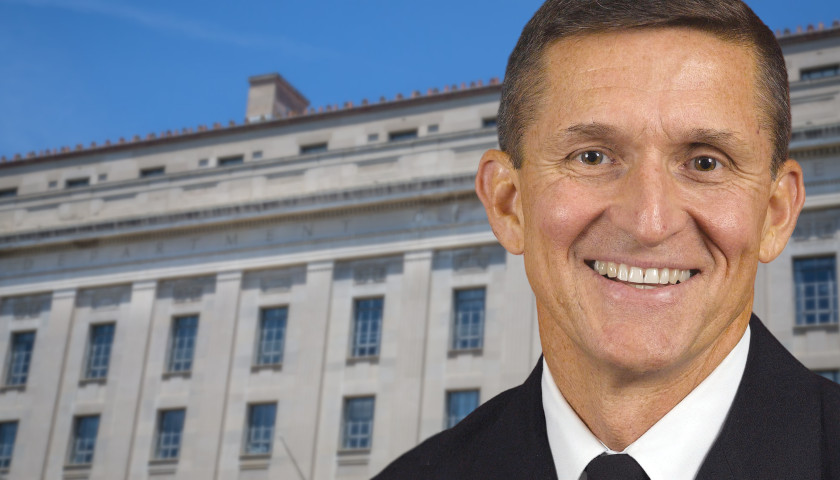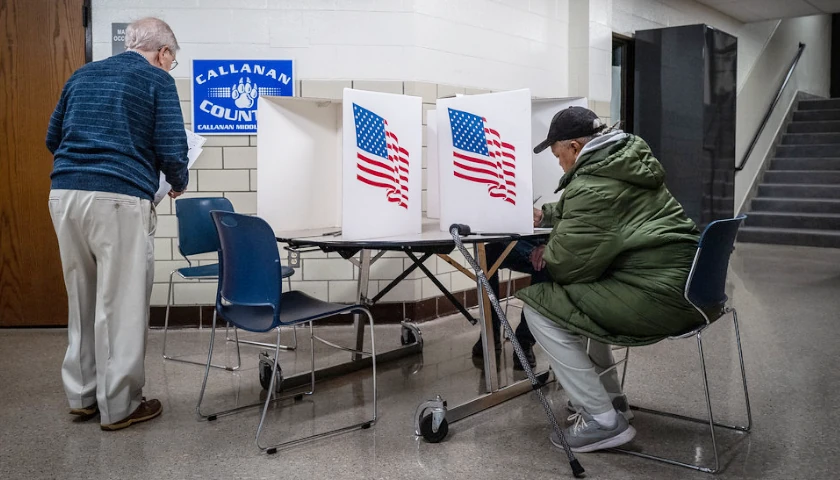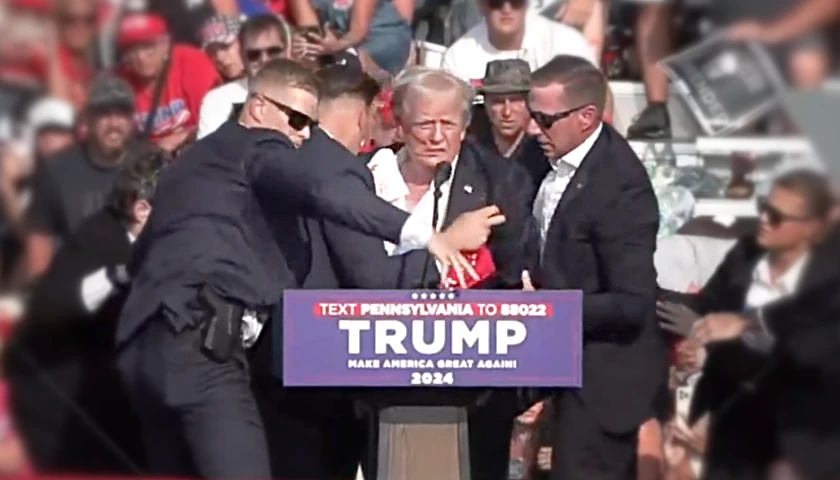by Chuck Ross
The Justice Department this week provided Michael Flynn’s lawyers with a long-rumored government memo which shows that FBI officials did not believe that the former national security adviser intentionally lied in a White House interview at the center of his legal battle.
The memo, dated Jan. 30, 2017, and published Friday, also said that FBI investigators did not believe that Flynn was working as an agent of Russia.
 Two FBI agents interviewed Flynn on Jan. 24, 2017, regarding his phone calls weeks earlier with Russian ambassador Sergey Kislyak.
Two FBI agents interviewed Flynn on Jan. 24, 2017, regarding his phone calls weeks earlier with Russian ambassador Sergey Kislyak.
Flynn pleaded guilty on Dec. 1, 2017, in the special counsel’s probe to making false statements to the FBI regarding his conversation with Kislyak. He sought to retract his plea on Jan. 29, saying that he did not intentionally lie to investigators and that he pleaded guilty because of intense pressure from the special counsel’s office.
The memo said that the FBI briefed the Justice Department’s national security division and office of the deputy attorney general on Jan. 25, 2017, a day after the Flynn interview.
“FBI advised that based on this interview, they did not believe General Flynn was acting as an agent of Russia,” the draft memo said.
The memo said that the FBI agents who interviewed Flynn, Peter Strzok and Joe Pientka, believed that Flynn’s statements regarding his conversation with Kislyak was inconsistent with a transcript that the FBI had of the phone call. The bureau was monitoring Kislyak’s communications under the Foreign Intelligence Surveillance Act (FISA).
According to the memo, Strzok and Pientka did not believe that Flynn believed he was lying during the White House interview.
“FBI also advised that although they recognized the statements were inconsistent with the FISA collection, they believed that Flynn believed what he was telling them,” the memo said.
“FBI advised that they believed Flynn believed what he was saying was true,” it continues. “FBI recognized the discrepancy between the statements and the actual calls, but determined that Flynn was not acting as an agent of Russia.”
Flynn’s legal team had sought out the memo for more than a year, believing that it showed that investigators did not suspect that Flynn lied to the FBI regarding his contacts with Kislyak.
Attorney General William Barr directed Jeffrey Jensen, the U.S. attorney for St. Louis, to review the Flynn probe after the retired general filed to withdraw his guilty plea. Jensen turned up a trove of documents that he and Barr say undercut the investigation of Flynn.
One of those documents is a Jan. 4, 2017, FBI memo which recommended closing a counterintelligence investigation into whether Flynn was acting as an agent of Russia. The memo said that investigators did not have evidence that Flynn was working with Russia. Strzok, the then-deputy chief of FBI counterintelligence, intervened at the last minute to keep the investigation going, according to documents provided to Flynn’s lawyers.
The Justice Department filed a motion on May 7 to withdraw charges against Flynn, citing the discovery of FBI and Justice Department documents that had not been provided to Flynn’s lawyers.
U.S. District Court Judge Emmet Sullivan, who is presiding over Flynn’s case, has fought to hold hearings on whether he must drop the charges. A federal appeals court ordered Sullivan on June 24 to comply with the Justice Department’s request, but he successfully applied for an appeal of that decision Thursday.
Flynn’s legal team, led by Sidney Powell, a former federal prosecutor, said that the new documents further support the need to dismiss charges against Flynn.
“These documents provide even more compelling evidence requiring the court to grant General Flynn’s Consent to and the Government’s Motion to Dismiss,” Powell and her team wrote in a court filing Friday.
“In short, there was no crime for many reasons. These documents were known to exist at the highest levels of the Justice Department and by Special Counsel, yet they were hidden from the defense for three years.”
– – –
Chuck Ross is a reporter for the Daily Caller News Foundation.
Background Photo “DOJ Building” by Tony Webster. CC BY-SA 2.0.




